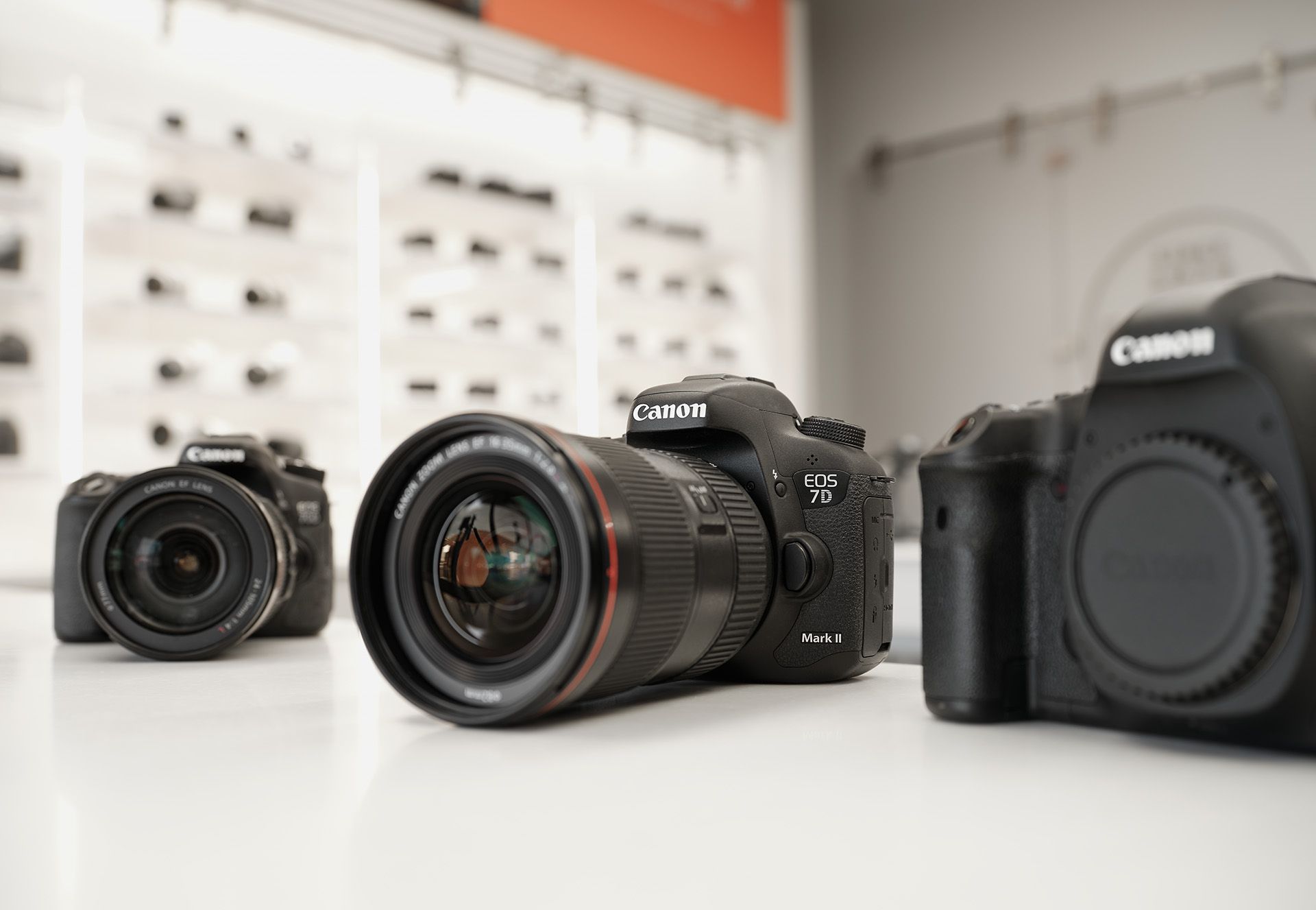KEH announces its presence at Imaging USA where it will present exclusive show specials and buy gear from attendees. ATLANTA, Jan. 22, 2024 — KEH, North America’s premier purchaser and reseller of pre-owned camera gear, today announced its presence at Imaging USA, a leading photography conference that features classes, networking opportunities, and a nationally recognized
January 24, 2024




